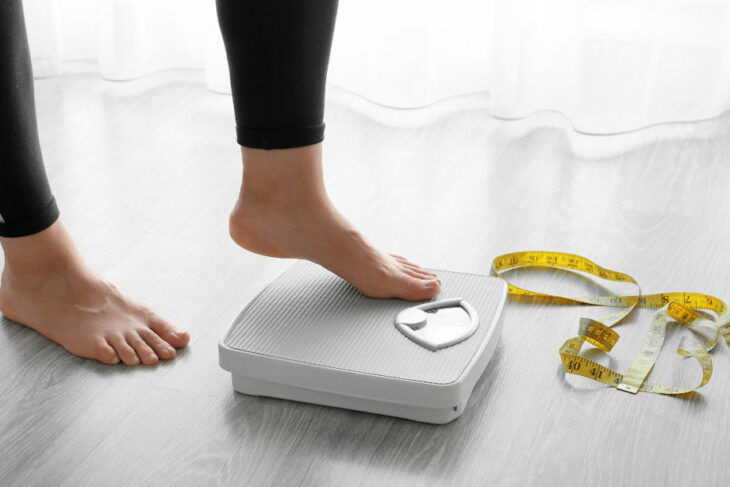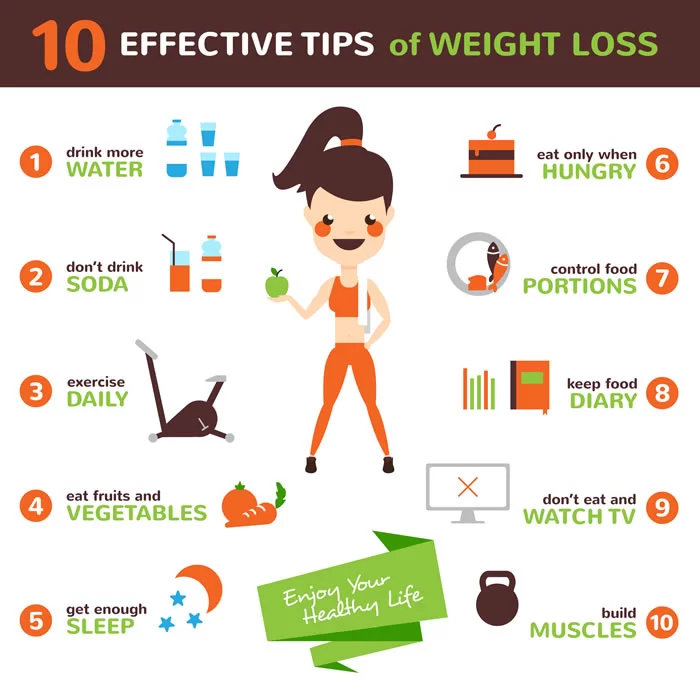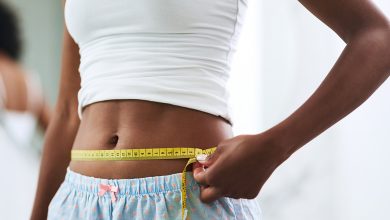How Many Calories To Burn A Pound
How many calories should one consume daily to lose one kilo per week?

You’re going to shed that annoying little kg in at most a week, it’s been decided! But you won’t go without food or begin a short-term, extreme diet… And you are 100% correct! But how do you expend enough calories to lose that dreadful pound in just a week? How much food should you eat each day to maintain your health and reduce weight? In this essay, we lay everything out for you.
Summary :
- How can one lose a kilo every week?
- Lose weight in accordance with your requirements and metabolism.
- Tips for losing weight
How can one lose a kilo every week?
An optimal rate for weight loss is one kilogram each week to avoid losing too much weight too rapidly and then gaining it back. Your pointless little kilogram? You may get rid of it in seven days without endangering your health! The sole requirement while trying to lose weight is to maintain a varied and balanced diet that is rich in superfoods and necessary nutrients, in addition to engaging in regular physical activity that is appropriate for your lifestyle and health. physical.
You must burn fat, not muscle, in order to lose extra weight and your love handles! To shed 1 kilo, it is thought that 7,000–7,700 kcal must be expended each week. You could also cut back on your intake. Being cautious, the aim is not to abstain from all food for a week because even if weight loss is immediately noticeable, there is no guarantee that it will continue over time. Therefore, it’s imperative to slightly alter your behaviors without drastically changing them. The secret to long-term weight loss will be this.

Lose weight in accordance with your requirements and metabolism.
To do this, you must first determine how much energy you require each day depending on your lifestyle, physical activity, and basal metabolism. The next step is to assess your caloric consumption (by maintaining a journal or calling a dietician). Consequently, you will be able to distinguish between your contributions and needs. Lower them if they are too high. If they satisfy your demands but you still want to lose weight, up your exercise level and cut back a little on food.
How about physical exercise? Encourage strength training to keep your muscle mass during calorie deficits. Additionally, you can encourage cardiovascular exercises that aid in calorie burning and weight loss. For instance, try 30 minutes of jogging or jumping rope one day, an hour-long workout in the gym or a pool the next, and an hour of vigorous walking the following day. Keep enthusiastic and motivated, choose to travel by walking or taking the stairs wherever possible, and you should be burning enough calories and fat each day to lose weight.
Tips for losing weight
Fluid retention is one factor in weight gain. It happens when we don’t drink enough or when we consume too much salt. Drinking a lot lowers this retention by eliminating it. We also cut back on salt, which contributes to hypertension. Consequently, cutting back on salt in our diets will be quite beneficial for our health. Because it slides everywhere, be careful! It is therefore best to favor natural and home-made products during this diet week when it comes to aperitif cakes, prepared foods, preserves, etc. And it will be ideal if these new behaviors stick around over time!
Don’t miss any meals. It is not useful. In fact, your body could store more if it weren’t starved and frustrated, but that is not the point! We cut back on the serving sizes and make healthy meal selections, but we don’t starve ourselves!
We make wise food selections. Whole grains are particularly intriguing for boosting transit and, thus, weight loss since they are high in fiber. Thus, we can include wholemeal bread, rice, and pasta in our menus.
Additionally high in fiber are fruits and vegetables. They are perfect for mild cravings because they are low in fat. But be careful—fruits are generally high in sugar. Additionally, they shouldn’t be consumed randomly. They are a great substitute for cakes and sweets, but not all day. You can eat vegetables with meals. They are high in vitamins, minerals, and antioxidants and low in calories. They should be consumed in moderation because excessive fiber consumption can induce bloating and interfere with the digestive system.
 Incorporate more protein into your diet. They increase fullness, which lessens the desire to eat. A meal strong in protein can therefore help you stave off morning cravings. Leptin, a hormone that makes us feel full after eating protein, is responsible for this. They also boost metabolism, allowing you to burn calories without sacrificing muscle mass. Simple actions can help you lose weight. These are gradual modifications to behaviors that may stick. As a result, we firmly restrict aperitif cakes and sweet industrial cakes and stay away from alcohol, sodas, and other sugary liquids at all meals. You will see that your balance is decreasing during the next few days.
Incorporate more protein into your diet. They increase fullness, which lessens the desire to eat. A meal strong in protein can therefore help you stave off morning cravings. Leptin, a hormone that makes us feel full after eating protein, is responsible for this. They also boost metabolism, allowing you to burn calories without sacrificing muscle mass. Simple actions can help you lose weight. These are gradual modifications to behaviors that may stick. As a result, we firmly restrict aperitif cakes and sweet industrial cakes and stay away from alcohol, sodas, and other sugary liquids at all meals. You will see that your balance is decreasing during the next few days.




